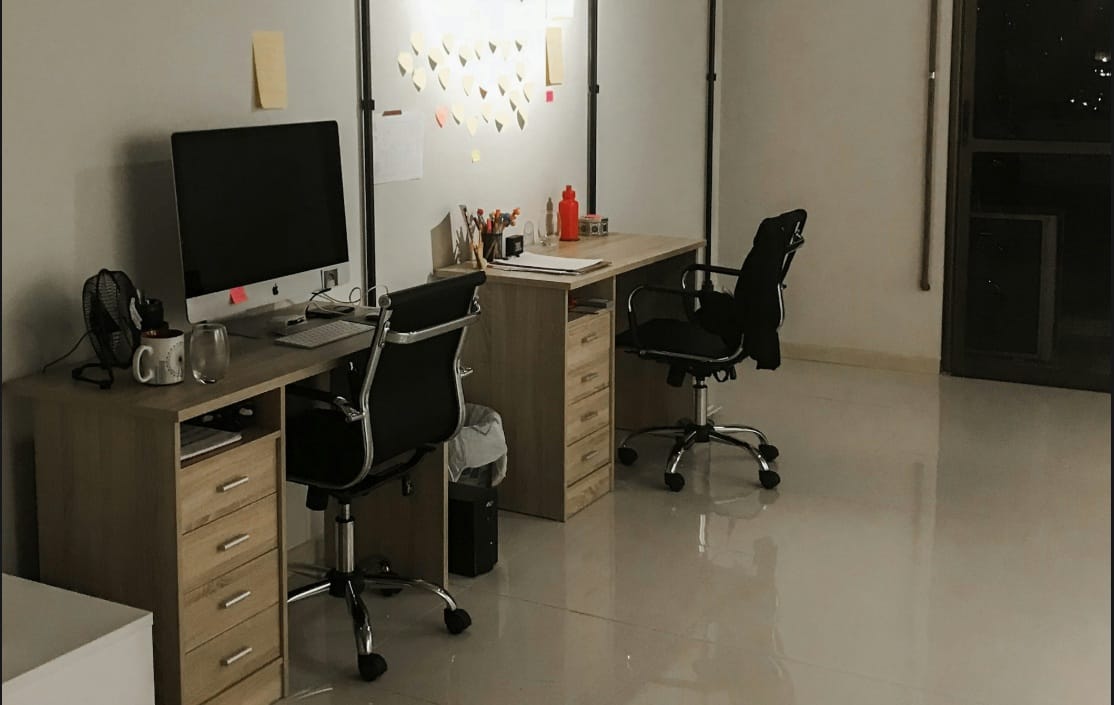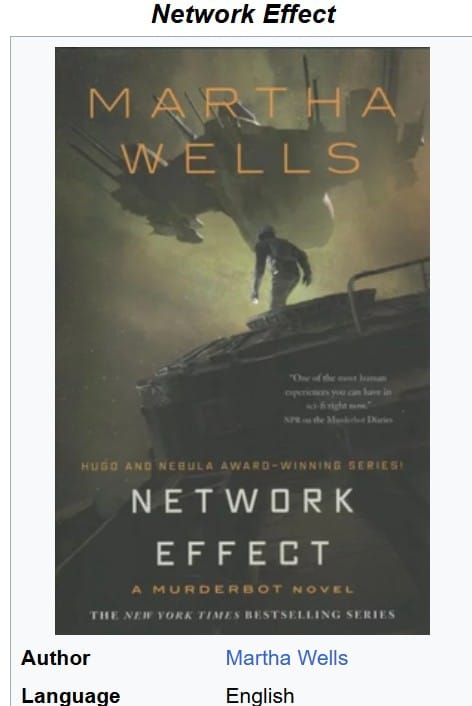Lonesome 4 Earnestly Working


In the OG Star Trek, everyone has a job. Kirk is commanding the Enterprise, some guest star is navigating the alpha quadrant, Scotty is maintaining warp cores, while a poor red shirt team is heading to the planet surface to die horrible deaths, and of course some evil doers are fully employed plotting to overthrow someone (I'm looking at you Klingon Empire). Even the Enterprise computer, when she is asked a question, earnestly responds: “Working.” As if to mock me. I don’t work. I am hobbled by chronic fatigue. I don't absorb enough fluids to stay hydrated; at the same time, I don't have the ability to hold on to what I do consume.
So, I don't have a job, but I am not ready to say I am retiered. But I will take the senior movie ticket discounts, thankyou very much. I am not working, not in the way people mean when they ask, “So, what do you do?” And they do ask—often. At the store, pool parties, even in hospital waiting rooms, where I am the youngest patient. It’s a casual small-talk question for most, but for me, it’s the trap door to a pit I fall through repeatedly. Because the truth is: I’m hobbled by illness. I’m on disability. I’m managing an illness that dictates what kind of day I’ll have, from hour to hour, how much I can move, what I can tolerate, and whether I can engage at all. But I dread saying that aloud. Not because I’m ashamed of being sick—though, let’s be honest, society has trained us to feel like we’re only worth as much as we produce. I dread it because saying “I’m on disability” tends to freeze conversations like a sudden power loss on the Enterprise bridge. The connection goes dark. People fumble over how to respond. Or worse—they change how they see me entirely. . Because I’m still here. I’m still smart. Still thoughtful. Still curious. Still showing up in the ways I can. But because I’m not “working,” I sometimes feel invisible sidelined from a society that doesn’t know what to do with people like me.
I want to say: I do a lot. I am an onsite manager at the building where I live. It's a low stress part time job that helps with the rent. Perfect for dealing with my Crohn's disease. There are some basic plumbing and bookkeeping skills involved. I call the spare bedroom my office. From there I also navigate medical systems like a brand manager with three arms. There is also a guest bed in my office where I can crash when I run out of MoJo. I toggle between jumping in to get tasks done while I have the sparks and then pulling back as to conserve energy the way a starship rations power in an asteroid field. I write. I feel. I listen. I endure. But I don’t have a job title to package all that. I sometimes imagine the computer voice in my home saying, “Status: Working,” just so I could answer people honestly without lying or launching into the complexities of chronic illness. I’ll start calling myself a Systems Manager for Life with what a western character would call a "hitch in my get-along." Maybe that would help me believe it, too. There’s longing for purpose when not working—not just for the lost income or structure, but for the loss of easy identity lonesomeness for participation. There’s a grief in how people stop seeing your value. There’s grief in how you start to question it, too. But I’m trying to rewrite that. Because work isn’t the only measure of worth. Contribution doesn’t have to come with a paycheck. And even when the world doesn’t see what I do, I see it. I’m still here. Still learning. Still trying. Still a viable crew member. Still working. Mostly Normal.
What am I reading this week?
Network Effect | Martha Wells

This is a future world we are seeing in an Apple TV series called Murderbot. Murderbot is a semi human construct part machine, with some cloned human bits he does not fully understand, who has gained independence from a previous owner who rented it out as a piece of equipment. In previous stories Murderbot watched tons of content, read hundreds of books, all while interacting with clients, dealing with human dramas, and making friends with another construct that pilots a ship. Also, it made friends with some humans who accept it as a peer. This book starts with pirates, moves on to mass kidnapping, corporate takeovers, and the dreaded brush with ancient alien tech. I love the super complex storyline and that characters come back from previous books. I identify with one of the characters who is thrown into an impromptu rescue mission and when asked if he is ready says that, no, he is not, but when things are not normal, it's good to do normal things.
